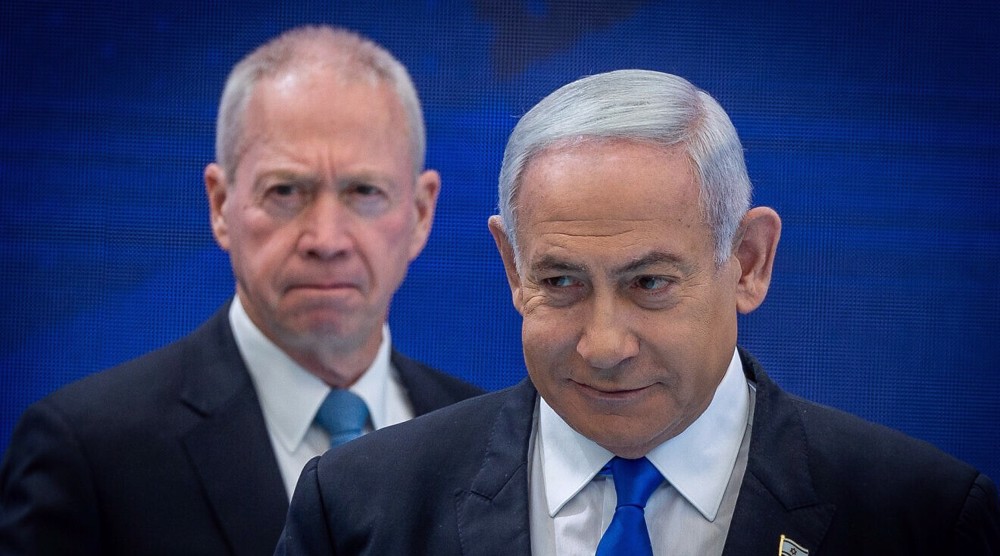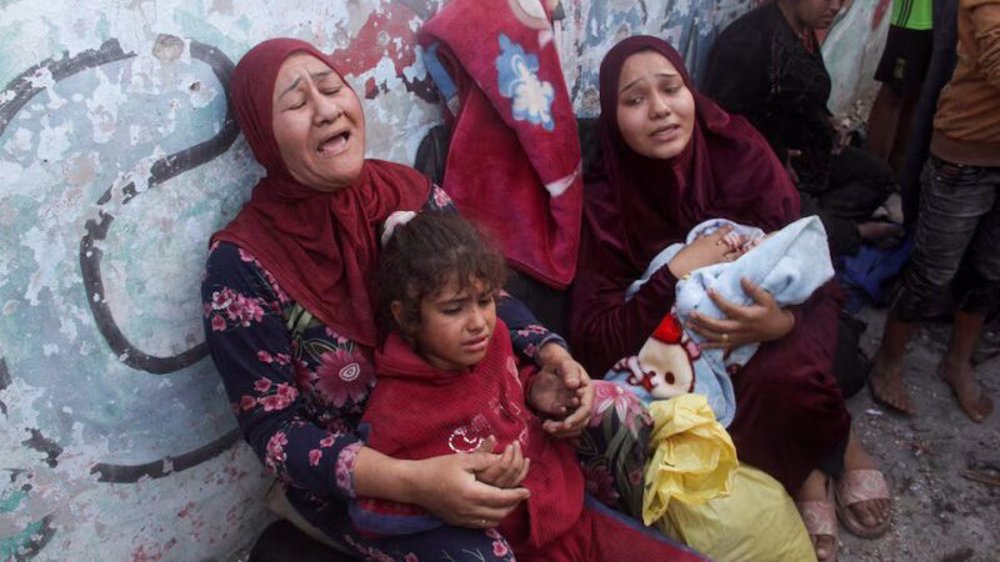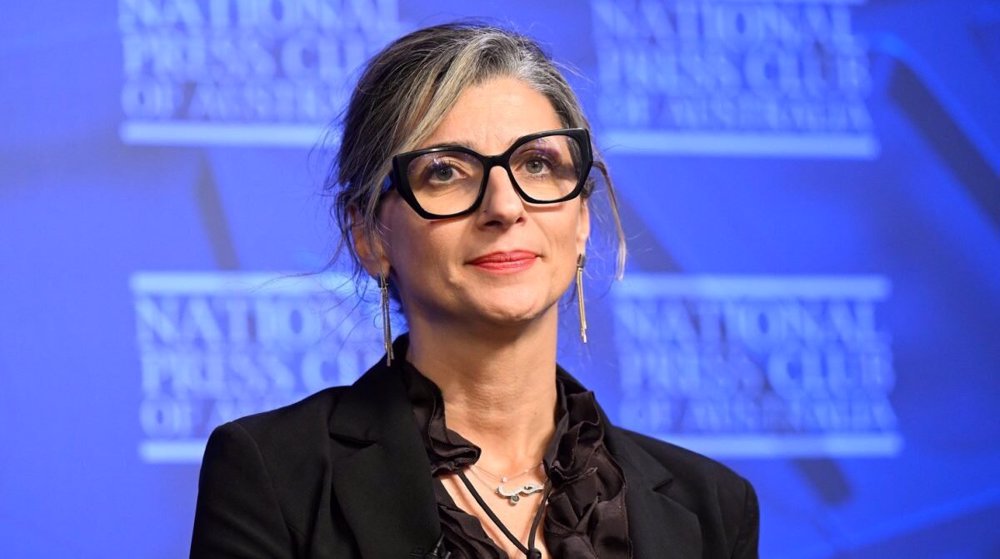Thousands of Israelis protest against Netanyahu, lay siege to his residence
Thousands of protesters have marched across the occupied territories against politically-embattled Israeli Prime Minister Benjamin Netanyahu, including around all the entrances to his residence in the holy city of Jerusalem al-Quds.
The rallies on Saturday marked the 27th week of demonstrations against the prime minister -- who has been indicted in high-profile corruption cases and faces blistering criticism for a chaotic coronavirus response, Israeli paper Ha’aretz reported.
“The intention of these latest protests is to surround all the entrances of the premier's residence in an act they have nicknamed the ‘Balfour siege,’” the daily wrote, referring to the street in the holy occupied city where the dwelling is located.
Bonfire, 3000-strong rally
Some 3,000 swarmed the so-called Paris Square near Netanyahu’s residence, prompting the police to “forcibly remove” the protesters.
Security forces arrested six protesters during the rallies across the occupied territories.
The protesters also lit a bonfire near the main entrance to the building, forcing intervention by firefighters. They, however, kept rekindling the fire every time it was put out.
Netanyahu supporters attack protesters
In at least three cases, violent attacks were reported against the protesters by Netanyahu’s supporters.
Two attacks took place in the Givat Ada town in the northern part of the occupied territories.
The Israeli police arrested a 52-year-old woman and a 17-year-old male, who had reportedly hit one protester in the neck and prompted a confrontation.
Another arrest was made after protesters said they had been confronted and threatened at knifepoint by a driver in the central city of Rishon Letzion.
In Ness Tziona, another central town, pro-Netanyahu demonstrators confronted the protesters, shouting slogans against them and branding their leaders as “leftist traitors.”
In November last year, Netanyahu was indicted for “receiving a bribe, fraud, and breach of trust” in four corruption cases.
The indictment dealt such a blow to his Likud Party that prevented it from securing sufficient parliamentary approval for months on end. The crisis forced the party to eventually align itself with opposition politician Benny Gantz’s Blue and White alliance in an “emergency coalition” in April after three inconclusive general elections.
The coalition has been paralyzed by infighting, while a pair of coronavirus-related lockdowns plunged the economy into recession and sent unemployment surging to the double-digits.
Netanyahu’s woes deepened earlier this week when a fourth election was triggered after Knesset-- the Israeli parliament-- dissolved over a budget row.
For over six months, weekly protests against Netanyahu have called on him to step down. The beleaguered premier has denied any wrongdoing.
Scores killed as Takfiri terrorists target Shia Muslims in Pakistan
Pezeshkian to US, Europeans: You are killing women, children
VIDEO | COP29: another climate failure?
ICC issues arrest warrants for Netanyahu, Gallant for war crimes
Israeli strikes kill 88 Palestinians in northern Gaza
American voters plainly rejected complicity in Gaza genocide: Iran FM spox
ICC should issue more arrest warrants for Israeli authorities over Gaza genocide: UN expert
Israel using AI weapons co-produced by India in Gaza genocide: Report










 This makes it easy to access the Press TV website
This makes it easy to access the Press TV website